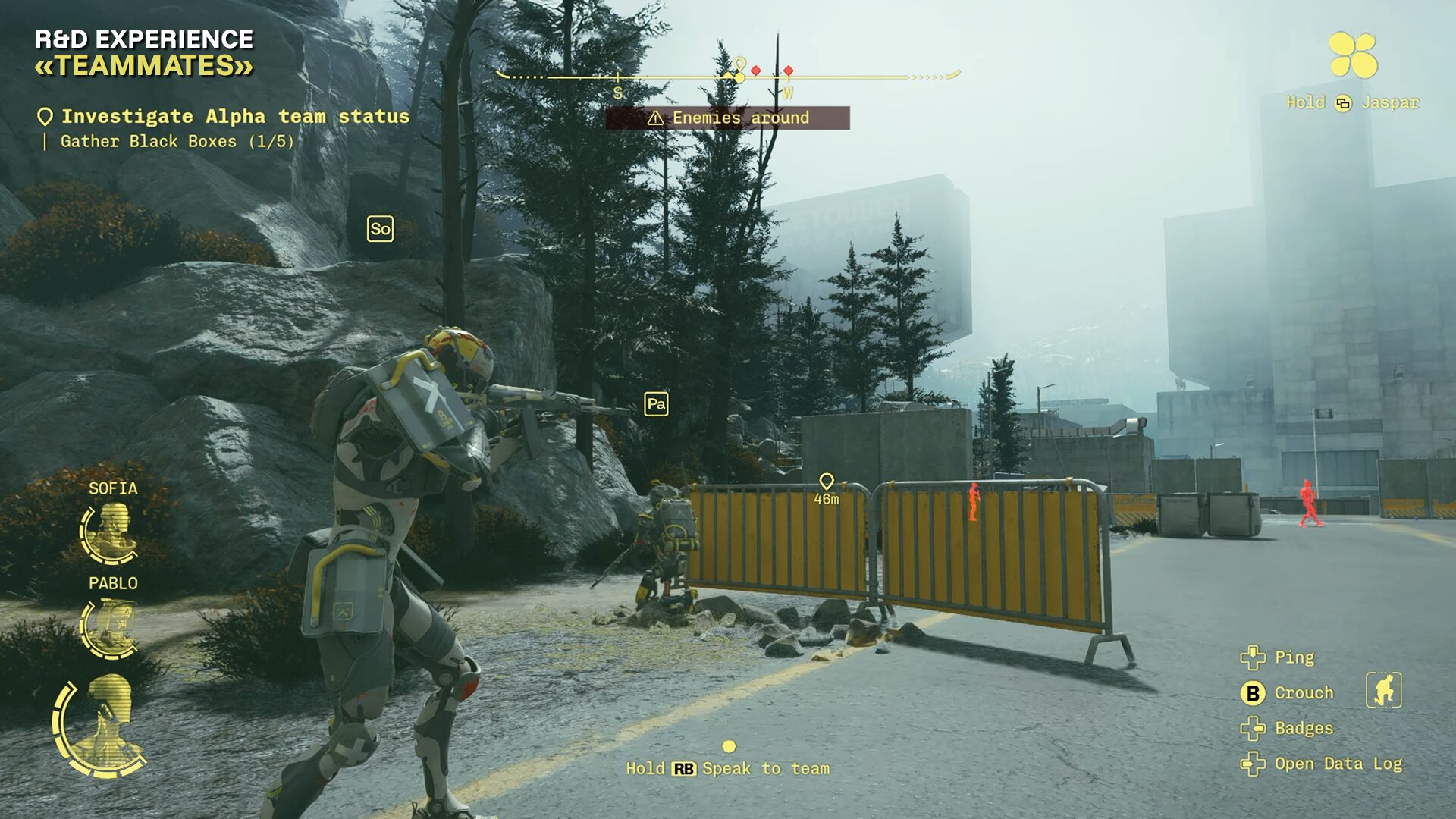The ongoing debate surrounding the integration of artificial intelligence in the video game industry is intensifying, signaling that this topic will remain relevant for the foreseeable future. Unlike the fleeting buzz around in-game NFTs and the metaverse, which faced significant backlash, AI continues to evolve and embed itself deeper into gaming ecosystems.
As the landscape of AI in gaming takes shape, opinions vary widely. Some players draw a firm line, resisting the use of AI in generated content like images and videos—often dismissively termed “AI slop”—while others embrace text-based systems like ChatGPT and Microsoft Copilot. Many enthusiasts maintain a steadfast skepticism, demanding changes in areas including copyright, energy consumption, and accuracy before they fully accept AI’s role in gaming.
Understanding AI in gaming requires a nuanced approach, especially from the media. This understanding was reinforced for me during a recent visit to Ubisoft‘s Paris office, where I had the opportunity to experience the latest iteration of their in-game AI project, called Teammates.
Ubisoft’s AI Innovations
Last year at the Game Developers Conference, Ubisoft introduced the concept of NEO NPCs, showcasing their capability for interactive dialogue via voice commands. Players could engage with an NPC named Bloom to explore his backstory and strategize with AI-driven partners. These demonstrations aimed to enhance narrative immersion, moving beyond static dialogues to more dynamic interactions.
In this latest demo, Teammates extends the NEO NPC framework by integrating AI-driven companions into gameplay. During the session, I interacted with an AI assistant named Jaspar, not to be confused with Jarvis from Marvel’s Iron Man. Jaspar engaged with me, providing story context and responding to various gameplay inquiries. For example, when I mentioned my preference for inverted controls, Jaspar efficiently adjusted the settings.
Accessibility features were also present; when I feigned color blindness, Jaspar asked for specifics and adjusted the graphics accordingly. This capability, while only a simple activation of existing menu options, demonstrated potential practical applications for AI in improving user experience.
The demo progressed to various gameplay scenarios, including puzzle-solving and combat. I directed robotic companions, Sofia and Pablo, in combat situations, where their responsiveness to my commands was remarkable. The AI interpreted my spoken instructions almost instantaneously, a crucial factor in maintaining the game’s fluidity and engagement.
The Role of Narrative Designers
A significant concern around AI in gaming is its impact on creative professions, particularly writers. Virginie Mosser, the narrative director for the project, expressed initial apprehension regarding AI’s potential to replace writers. However, she highlighted that her role remains vital in character and plot development. Mosser created detailed character sheets and wrote extensive dialogue to shape the personalities of Sofia and Pablo, ensuring that AI-generated content is rooted in original human creativity.
By leveraging original narratives, Ubisoft aims to address copyright issues often associated with AI-generated content. Mosser emphasized that her day-to-day work still revolves around creative input, countering the notion that AI can wholly replace artistic endeavors.
The demo also featured “black boxes”—in-game logs containing narratives written by human writers. Players could engage with these texts and ask Jaspar to summarize or discuss their contents. This interaction underlines the balance Ubisoft seeks to strike between AI capabilities and traditional storytelling.
Despite the technological advancements, concerns about potential misuse exist. Ubisoft is implementing multi-layered systems to safeguard against inappropriate player interactions. This approach aims to guide player behavior while maintaining the freedom of expression within the game environment.
As discussions continue about the future of AI in gaming, Ubisoft’s development team recognizes that this technology is not a replacement for traditional gameplay systems. The project director, Xavier Manzanares, articulated that AI should be viewed as a tool—an enhancement to existing gameplay rather than a complete overhaul of game design. Developers can choose how to incorporate these innovations based on their game’s narrative and design needs.
The future of AI in gaming remains a hot topic, with Ubisoft leading the charge in exploring its possibilities. As game development progresses, the integration of AI like Teammates could reshape player interactions and storytelling, making for a more immersive and engaging gaming experience.
See also Bentonville Schools Integrate AI into Career Prep, Engaging 1,000 Students Annually
Bentonville Schools Integrate AI into Career Prep, Engaging 1,000 Students Annually AI Accelerates Drug Development: 90% of Candidates Benefit from Machine Learning Insights
AI Accelerates Drug Development: 90% of Candidates Benefit from Machine Learning Insights AI Experts Discuss Economic Impact of AI on Industries in Live Roundtable Event
AI Experts Discuss Economic Impact of AI on Industries in Live Roundtable Event East Bay Man Charged with Conspiracy to Smuggle $4M in Nvidia AI Chips to China
East Bay Man Charged with Conspiracy to Smuggle $4M in Nvidia AI Chips to China Case Western Reserve Secures $2.5M Grant to Enhance AI Technology for Tracking Cancer Cells
Case Western Reserve Secures $2.5M Grant to Enhance AI Technology for Tracking Cancer Cells



























































